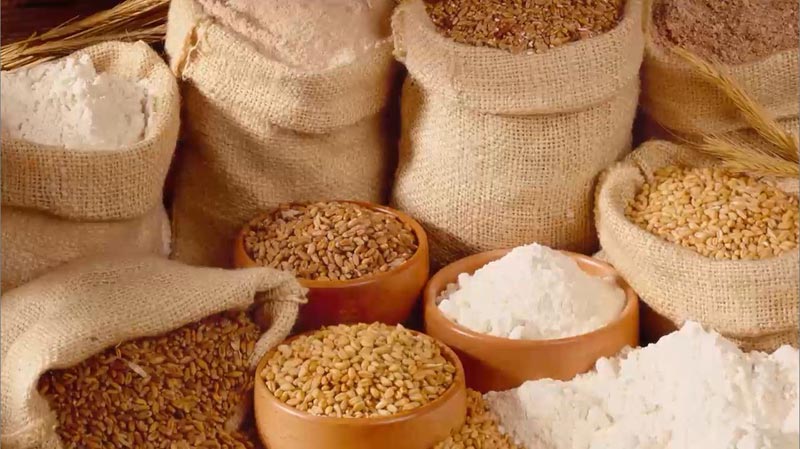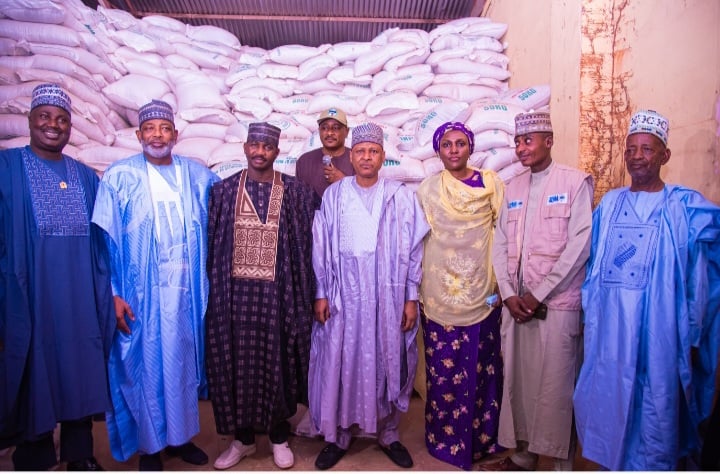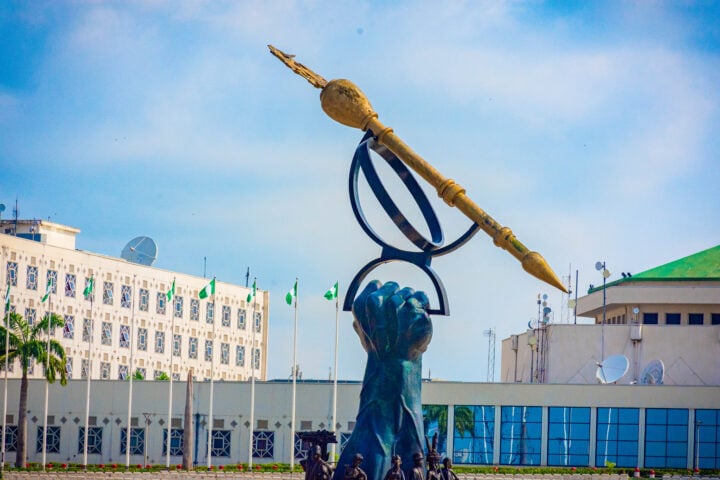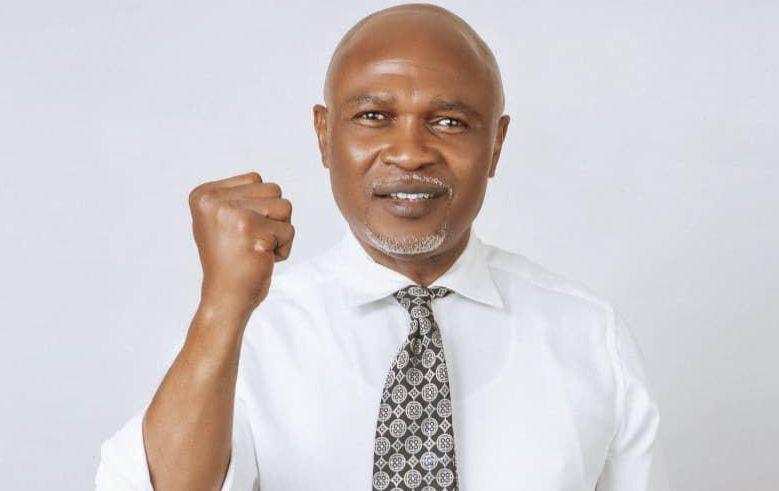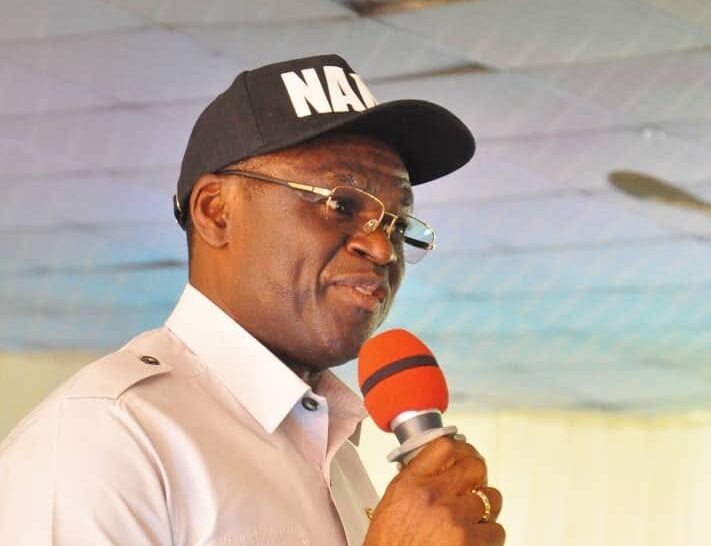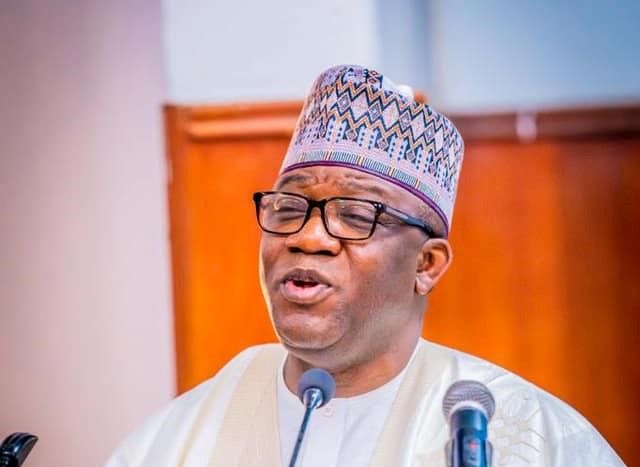The federal government says it has begun the distribution of relief items to vulnerable persons in Sokoto state.
The items distributed were listed as 26,404 bags of maize, millet and sorghum.
Abubakar Kyari, minister of agriculture and food security, who inaugurated the distribution of the items on Sunday, said the aim was to ease the economic hardship experienced by residents of the state.
NAN reports that the event was witnessed by Aliyu Abdullahi, minister of state for agriculture and food security; Mohammed Idris, minister of information and national orientation; and Aliyu Wamakko, former governor of Sokoto.
Advertisement
On March 20, the federal government announced the planned distribution of 42,000 tonnes of grains to ease the economic hardship on Nigerians.
Kyari stated that the Sokoto exercise was in fulfilment of President Bola Tinubu’s pledge to mitigate the hardship experienced across the country.
“It is also in line with the Renewed Hope Agenda of Mr President as he rightly approved the release of 42,000 metric tonnes of assorted food from the National Strategic Reserve,” the minister said.
Advertisement
Speaking at the event, Ahmad Aliyu, governor of Sokoto, lauded the president and the choice of Sokoto for the flag-off.
Aliyu assured the federal government of strict adherence to the distribution guidelines, urging committee members to ensure judicious distribution of the items.
In her remarks, Zubaida Umar, director general of the National Emergency Management Agency (NEMA), said the state would receive 10,120 bags of maize, 11,960 bags of sorghum and 4,324 bags of millet based on the allocation table.
“Based on the directives of Mr President, 20 percent of the food items due for each LGA should be given to religious organisations and three percent to boarding schools in the local government areas,” she said.
Advertisement
“Distribution committees were established in each LGA, made up of the chairman of the LGA, state emergency management agency and a traditional ruler.”
Umar added that membership of the committee included representatives of the Department of State Services (DSS), Nigeria Police Force (NPF), Nigerian Security and Civil Defence Corps (NSCDC), faith-based organisations and Nigerian Union of Local Government Employees (NULGE).
Others are the Nigerian Red Cross Society, women associations, Persons With Disability (PWD) groups, youth associations, principals of boarding schools, civil society organisations and the media.
Advertisement
Add a comment
